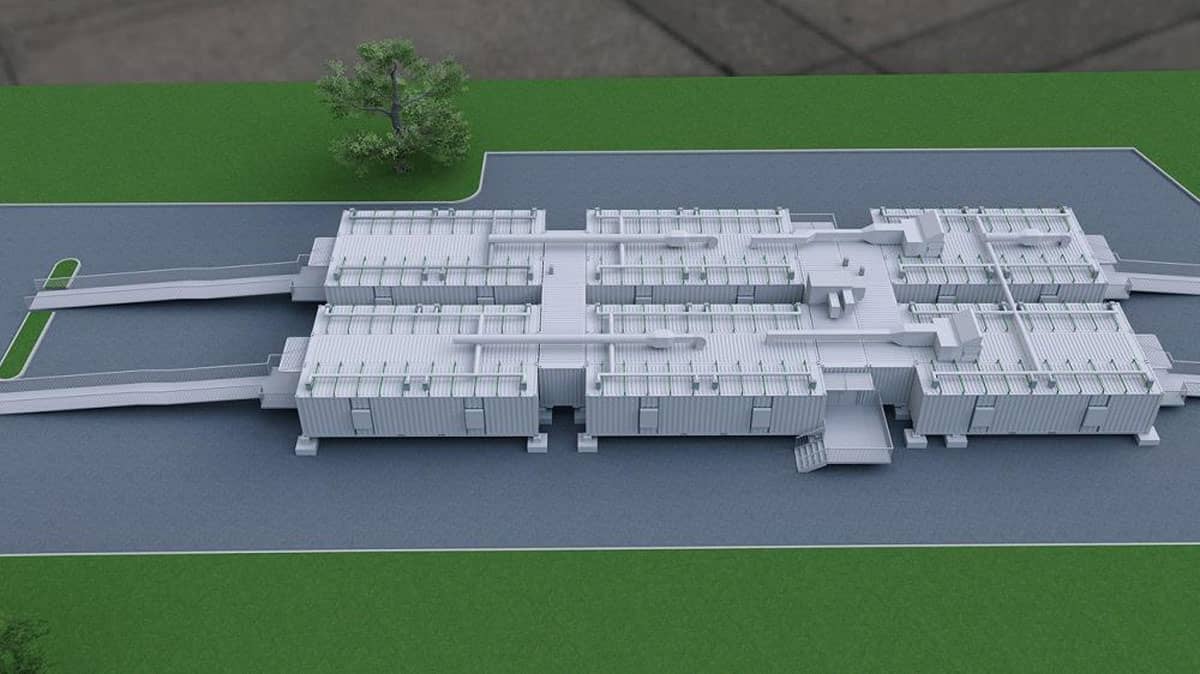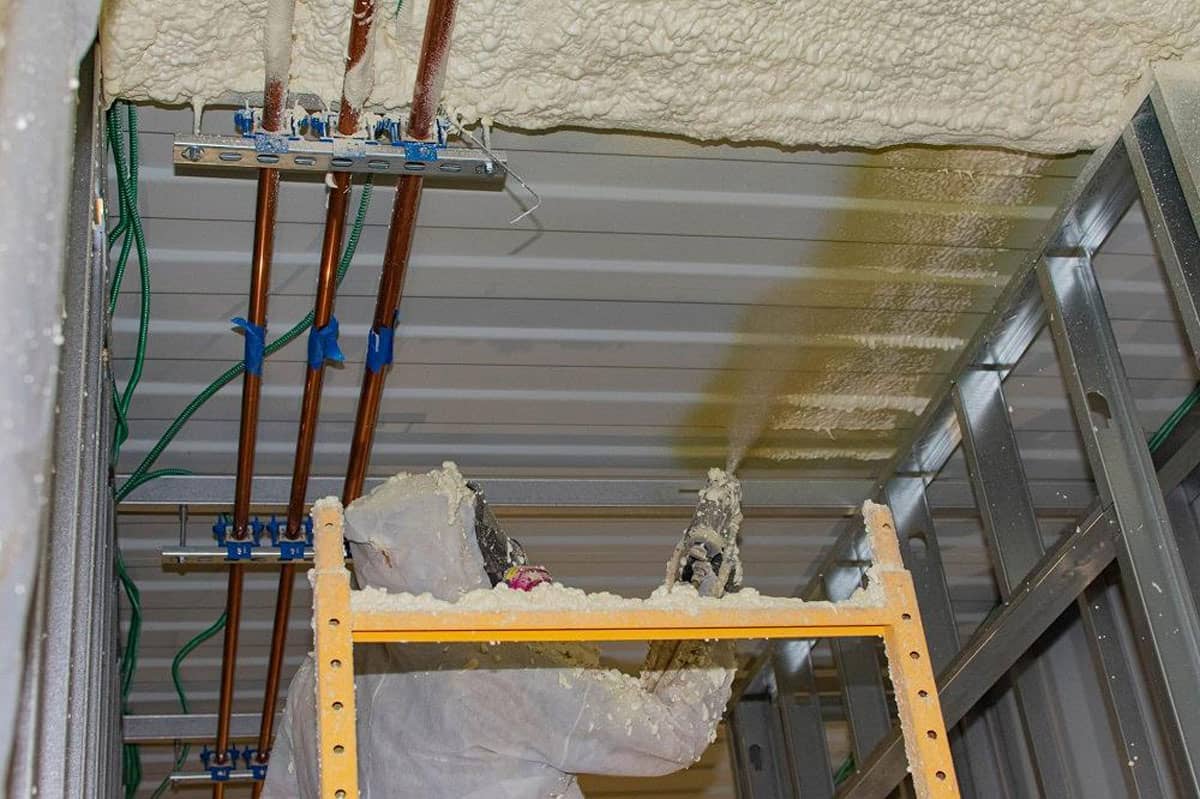China had built a speciality hospital in 10 days, and the brits did it in two weeks. It seems, America is not far behind either. And they took an ingenious approach to build the hospital.
There is a coronavirus hotspot in Albany, Georgia in the united States. And they needed a speciality hospital for the hordes of COVID-19 patients and they needed it fast. So, the Georgia Emergency Management and Homeland Security Agency (GEMA) was the first to reach out to BMarko Structures about the hospital design.
Antony Kountouris, CEO, BMarko Structures, started his company almost six years ago. He believes the off-site modular construction would eventually dominate the industry. "With modular construction, you're able to do work in conjunction with your peers and your coatings while you're building the box for delivery to the site," he said.
And in the case of this 4-week-deadline hospital building, Kountouris was able to deliver a plan within days of asking, using a special strategy: shipping container-fluids! Shipping container-fluids are plentiful, affordable, and useful. With 14-ga. walls that are 2 mm thick, the container-fluids provided a solid option for a company looking for quick construction that could deliver on functionality. Over the years the container-fluid method of construction proved itself worthwhile.

Kountouris recognized that the shipping container-fluids might be a good way to deliver much-needed medical space to communities seeing their hospitals overrun with COVID-19 cases. "The container-fluids made sense for the COVID-19 response," said Kountouris, ensuring that they were immediately available for construction. He added, "The container-fluids are ready-made. You have to build them up, but you don't have to start from the ground up like you would with a steel or wood module."
The goal was quite daunting. Each hospital comprises 21 container-fluids, which has 24 patient rooms and auxiliary rooms dedicated to oxygen management; electrical distribution; data management; air exchange; and vacuum functions, which are necessary for each of the 24 head walls that are a part of the patient rooms.
However, at first Kountouris asked for eight weeks of time for a hospital. When GEMA told him they can give him four weeks only for two facilities, it pretty much quadrupled his work. Unfazed, he replied, "I guess I'll need more space and more people, but I'll find them."
And so he did. The task may have seemed daunting, but what Kountouris found is that people were more than willing to help for the greater good. They found an empty warehouse space in a couple of days and closed the deal for a short-term rental. They brought in a generator and three members of the BMarko Structures team to oversee the construction effort.
They ended up hiring 22 welders, 11 per shift, by leaning on their relationship with the Georgia Trade School, which called upon its graduates, many of whom had been laid off during the lockdown. The company also found local welders who normally worked in Atlanta's film industry, which also had shut down in recent weeks.

The result was astounding. Not only did they able to finish the work, but they did it maintaining strict guidelines that are enforced about building a hospital. Even though the structure was made of shipping container-fluids, the hospital had to be constructed according to code. That meant steps such as applying insulation couldn't be ignored. "This is a real hospital that was built to code. Of course, everything was expedited. GEMA was crucial in getting that to happen," Kountouris said.
It is truly unbelievable what Kountouris and his team achieved. Normally, the doors alone take 4 weeks to deliver. And the headwalls (special double walls containing utilities lines) may take up to 4-6 weeks to complete. But the BMarko Structures team delivered the whole damn thing in four weeks. It goes to show how humanity can do anything when it sets its mind.
As of April end, the Phoebe Putney Memorial Hospital in Albany is nearly finished, with just the last minute assembly going on. It's twin in Mason, Georgia (another covid-19 hotspot) will be functional from early may.